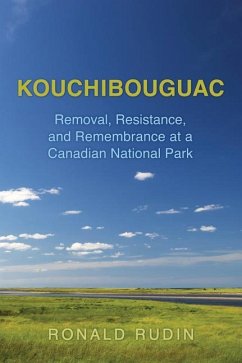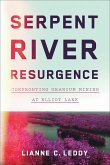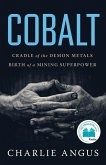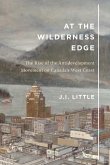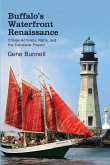In 1969, the federal and New Brunswick governments created Kouchibouguac National Park on the province’s east coast. The park’s creation required the relocation of more than 1200 people who lived within its boundaries. Government officials claimed the mass eviction was necessary both to allow visitors to view "nature" without the intrusion of a human presence and to improve the lives of the former inhabitants. But unprecedented resistance by the mostly Acadian residents, many of whom described their expulsion from the park as a "second deportation," led Parks Canada to end its practice of forcible removal. One resister, Jackie Vautour, remains a squatter on his land to this day. In Kouchibouguac, Ronald Rudin draws on extensive archival research, interviews with more than thirty of the displaced families, and a wide range of Acadian cultural creations to tell the story of the park’s establishment, the resistance of its residents, and the memory of that experience.
Hinweis: Dieser Artikel kann nur an eine deutsche Lieferadresse ausgeliefert werden.
Hinweis: Dieser Artikel kann nur an eine deutsche Lieferadresse ausgeliefert werden.

